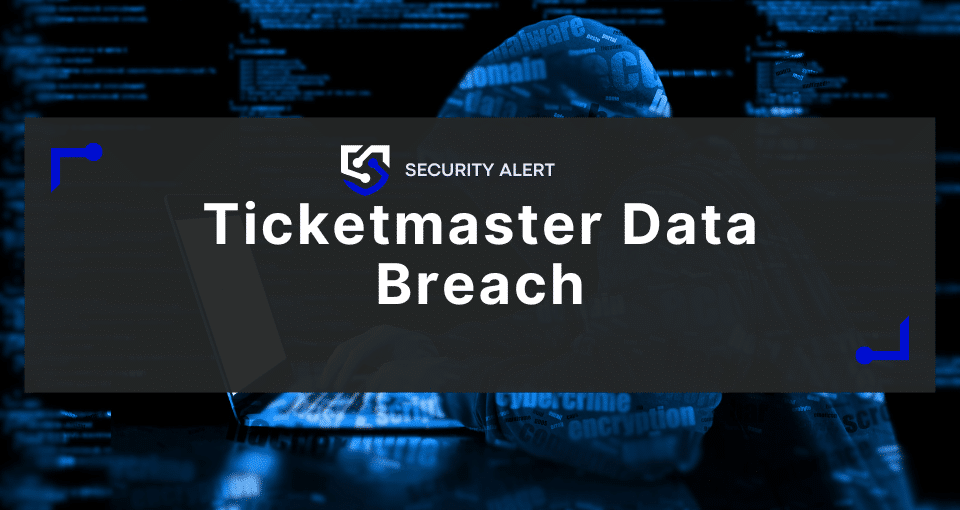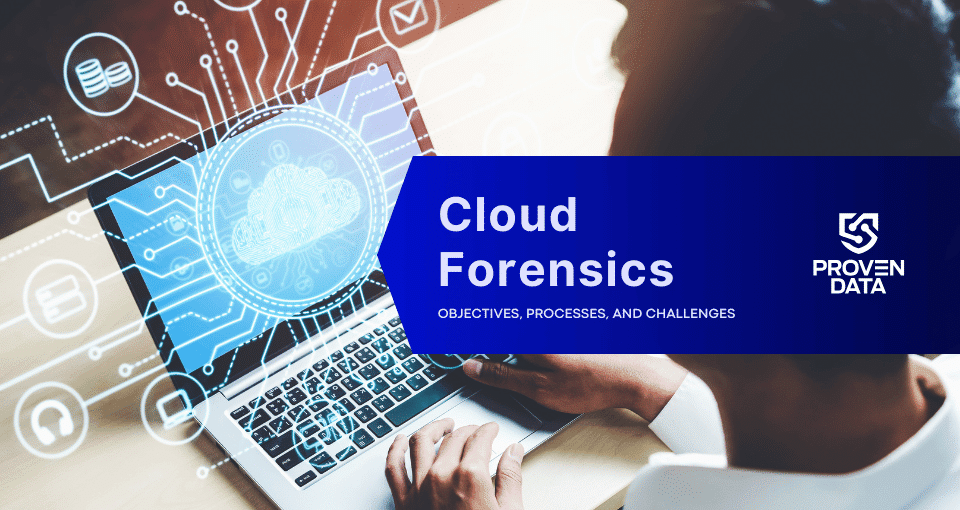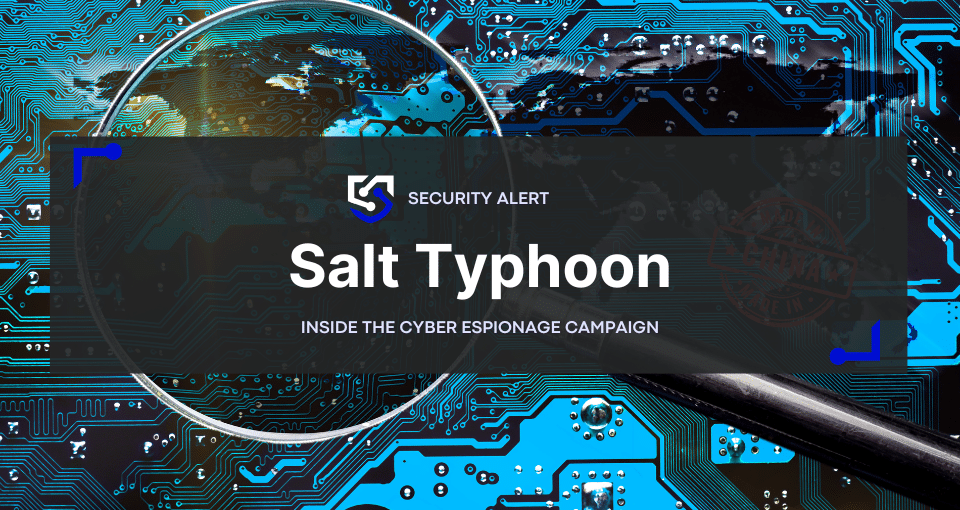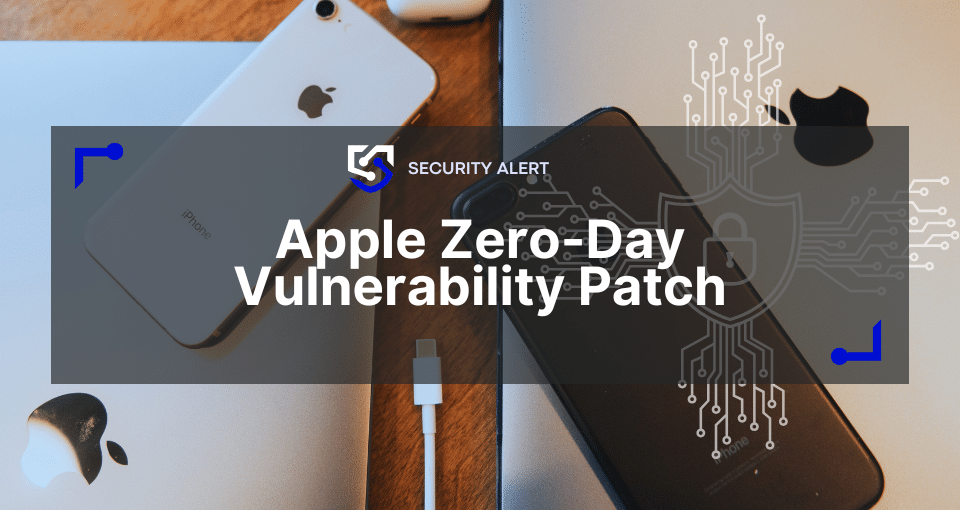On May 31, 2024, Ticketmaster confirmed a data breach that affected over 560 million customers. This breach resulted from unauthorized activity within a third-party cloud database environment involving the hacker group ShinyHunters. The hackers managed to access a massive 1.3 terabytes of data, including sensitive personal and financial information such as names, addresses, emails, and credit card details.
Who are ShinyHunters?
ShinyHunters, a hacker group formed around 2020, has a notorious track record. They have previously targeted major companies like Microsoft and AT&T. The group focuses on obtaining and selling personal records. Their credibility as a serious threat actor was underscored when a member, Sebastien Raoult, was sentenced to three years in prison for conspiracy to commit wire fraud and aggravated identity theft.
The impact of the breach on Ticketmaster
According to a public filing on May 20, 2024, by Ticketmaster’s parent company, Live Nation, an “unauthorized activity” was identified in its cloud storage, indicating a potential breach. By May 27th, the hacker group ShinyHunters had already posted the stolen data for sale on the dark web, which included personally identifiable information such as credit card numbers and ticket sales.
The breach affected customers globally and significantly affected businesses in various sectors. In Australia, cybersecurity expert Mark Lukie highlighted the potential for identity fraud and emphasized the need for vigilance among consumers. The Australian Federal Police also began investigating the breach, illustrating its international scope.
Ticketmaster and Live Nation are facing four class action lawsuits alleging that they failed to protect customer data, which could result in significant financial penalties for both companies. The lawsuits follow another lawsuit by the US Department of Justice for antitrust violations.
With millions of customers’ personal information at risk of being used for identity theft, phishing attacks, fraud, and other crimes, the most significant long-term consequence for Ticketmaster is the erosion of customer trust.
Lessons for businesses: What should a company do after a data breach
Many businesses, including those handling sensitive data, still do not prioritize cybersecurity measures. A consequence is continuous cyber attacks that successfully steal data, hold it for ransom, or sell it on the dark web.
A data breach as big as Ticketmaster’s is a perfect example of what companies, regardless of their size, should and shouldn’t do when storing sensitive data.
Here are key lessons that businesses can learn from this incident:
1. Third-party risk management
The Ticketmaster breach occurred within a third-party cloud database environment. Companies using third-party applications and services must ensure that their vendors and partners adhere to stringent cybersecurity standards. Regular audits and assessments of third-party security practices are essential to mitigate potential vulnerabilities.
2. Proactive threat detection and response
Rapid response and transparent communication are vital to limit the damage and maintain customer trust. Ticketmaster identified the breach on May 20 but did not publicly disclose it until May 31.
Businesses should invest in advanced threat detection systems and establish clear protocols for responding to security incidents.
3. Comprehensive data protection strategies
Sensitive customer data, such as credit card information, must be protected with robust encryption and security measures. Companies should limit data retention to the minimum necessary and ensure data storage solutions comply with the highest security standards.
How to prevent a data breach
The Ticketmaster data breach illustrates the critical importance of cybersecurity in today’s digital landscape. By implementing strong access controls, conducting regular security audits, educating employees, and leveraging the expertise of cybersecurity professionals, businesses can protect themselves from similar incidents and safeguard their customers’ trust.
Implement strong access controls
Solutions like multi-factor authentication (MFA) ensure that only authorized personnel can access sensitive data, adding an extra layer of protection. Regularly review and update access permissions to minimize the risk of unauthorized access.
Conduct regular security audits
Perform regular security audits and vulnerability assessments to identify and address potential weaknesses. Cybersecurity experts can help to conduct thorough evaluations of your systems and practices and create additional solutions to protect your systems and network from cyber criminals.
Educate employees on cybersecurity
Educate your staff on the latest threats, safe online practices, and how to recognize phishing attempts.
Make sure to create a culture of security awareness within your organization with regular training on cybersecurity best practices.
Pro tip: Follow Proven Data on Linkedin to get access to free educational webinars on cybersecurity and ransomware prevention.
Implement cybersecurity management solutions
Comprehensive risk detection and response management solutions, like those offered by Proven Data, can help businesses monitor and protect their networks. These services include real-time threat detection, incident response, and ongoing risk assessments to ensure continuous protection against evolving threats.
How we can help
Proven Data specializes in providing businesses with advanced cybersecurity solutions, threat detection, and incident response management. After a cyber incident, our team can act immediately to minimize the damage and provide a digital forensics investigation to understand how the breach happened. Our experts use cutting-edge tools and techniques to analyze digital evidence, identify the root cause of breaches, and develop strategies to prevent future incidents.







